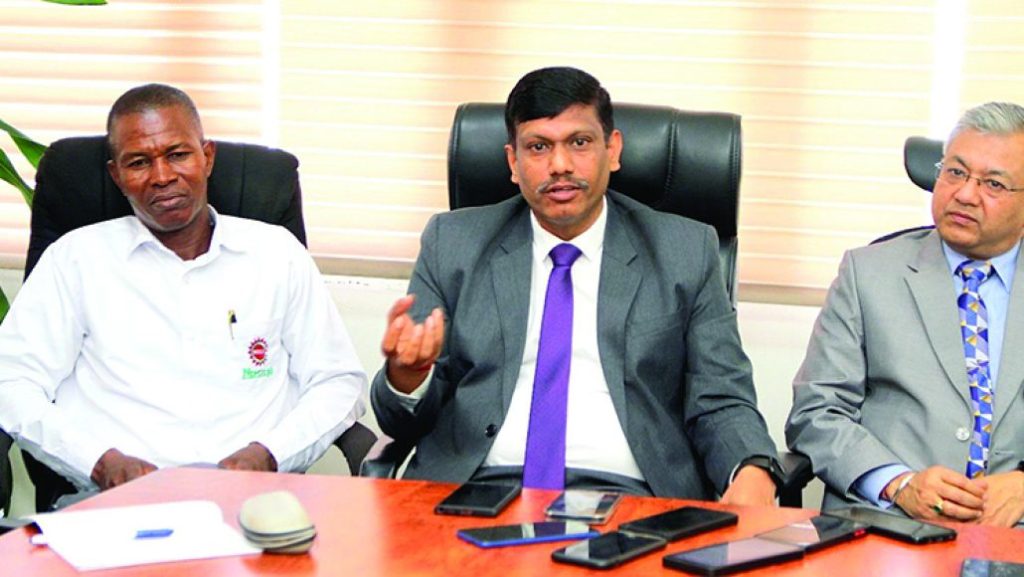The Managing Director of NIPCO Plc, Mr. Suresh Kumar, has revealed a significant gap in the adoption of Liquefied Petroleum Gas (LPG), commonly known as cooking gas, in rural communities across Nigeria.
Speaking at the 13th LPG conference in Abuja, Kumar highlighted that approximately 20 million rural households in the country continue to rely on traditional cooking methods, emphasizing the urgency of expanding LPG usage in these areas.
According to Kumar, these 20 million households represent a substantial untapped market for LPG, equivalent to about three million tons of gas annually. To address this challenge, NIPCO is taking proactive steps to increase LPG penetration in rural regions by introducing 50 skids.
Currently, LPG usage in Nigeria is heavily concentrated in urban areas, with about 90 percent of consumption occurring there, while rural areas account for only 10 percent. Kumar stressed the importance of deepening LPG usage in rural regions and called upon federal and state governments to facilitate the development of basic infrastructure to support rural consumers.
Highlighting NIPCO’s commitment to utilizing Nigeria’s abundant gas resources, Kumar revealed that the company has invested over $100 million in the LPG value chain.
Additionally, as part of its Corporate Social Responsibility, NIPCO has donated various gas accessories to promote LPG usage throughout the country.
Kumar acknowledged several hurdles that are impeding the progress of the gas agenda in Nigeria, including a lack of knowledge and safety awareness about LPG products, usage, and safe handling. Poor road conditions, underdeveloped infrastructure, and a lack of distribution channels are also significant obstacles to the wider adoption of LPG in the country. Furthermore, uncertainty surrounding government policies, particularly related to subsidies, is causing setbacks for investment in the LPG sector.
The call for increased LPG adoption in rural areas is seen as a crucial step in transitioning away from traditional, less efficient, and often environmentally harmful cooking methods.
This move not only improves the quality of life for rural households but also contributes to a more sustainable and environmentally friendly energy future for Nigeria.
Do you want to share a story with us? Do you want to advertise with us? Do you need publicity for a product, service, or event? Contact us on WhatsApp +2348183319097 Email: platformtimes@gmail.com
We are committed to impactful investigative journalism for human interest and social justice. Your donation will help us tell more stories. Kindly donate any amount HERE




